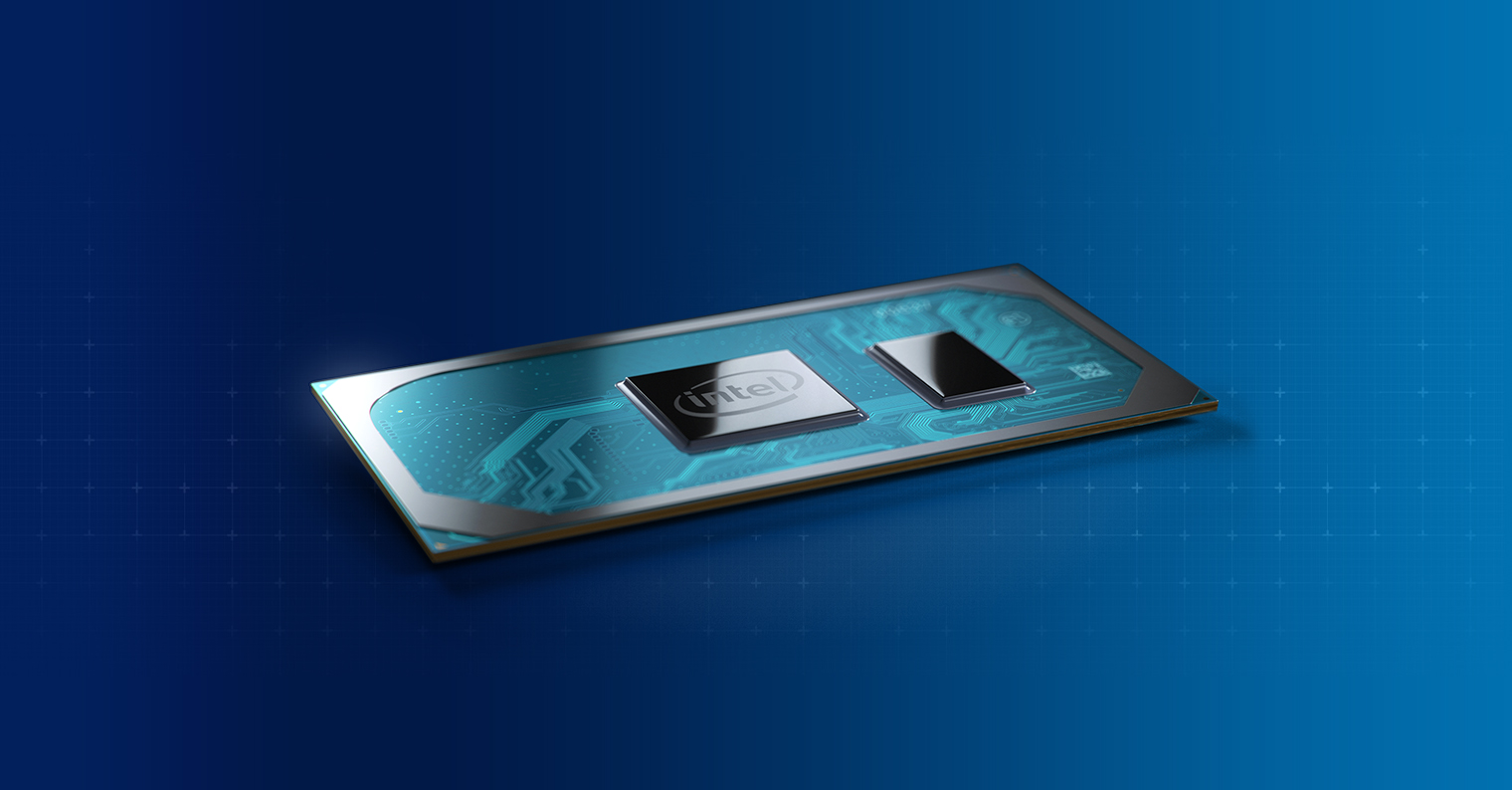As we already wrote yesterday, this decade didn't start very well for Intel. The company fell out of the charts of the best-selling processors to morero markets, including the Czech one, and its presentation at the CES fair she didn't rank just among the best. Shortly after the end of the fair, another one arrives bad zright, related this time with technologyí PCIe 4.0, which is already supported by some AMD processors and will also be used in consolese Xbox Series X
It could be interest you

The one will use storage of the Taiwanese company Phison, which supports NVMe SSDs of the 4th generation reading data up to 3,6 GB/s write speed up to 2,2 GB/s. The technology is also designed for mainstream computers and laptops, and it's only a matter of time before than her we will also see it in Apple computers. Thanks to Intel's delay, that's how it is quickly won't be. Company ji namely, just a few months after it announced PCIe 4.0 interface support for Comet Lake chips, cancels. At least according to what several Intel employees told foreign news sites at CES.
Gró the problem apparently lies in Intel's long-term problems with the transition to 10nm technology. Because of them, the company continues to rely on the sale of 14nm processors based on the Skylake architecture, introduced five years ago. These problems also result in slower implementation of modern technologies, such as PCIe 4.0. However, motherboard manufacturers have adapted to the previously published information and their motherboards sabout 1200 this technology they support, but they can't use it because of processors. As a result, even these boards will use the older PCIe 3.0 interface.
In contrast, AMD has already introduced both 10nm processors and support for PCIe 4.0 thanks to a smooth transition to more modern manufacturing processes, whichž has company currently monopoly position. According to employees, rival Intel hopes to actually implement PCIe 4.0 support on the next generation of Rocket Lake processors, which shouldy to be introducedy at CES 2021.

Source: Tom's Hardware